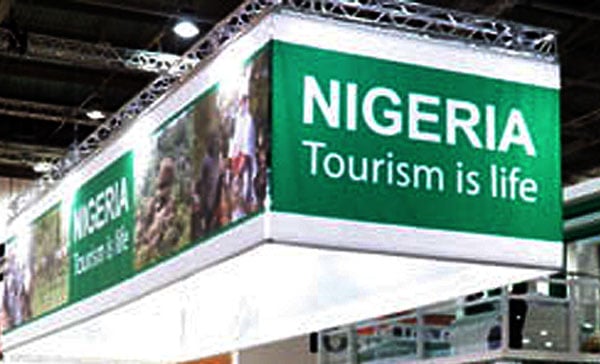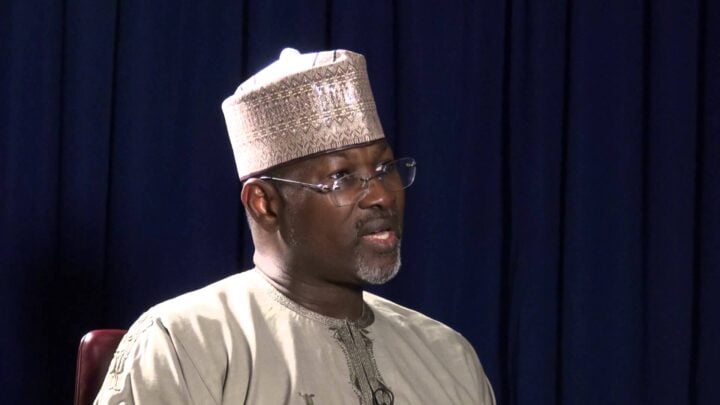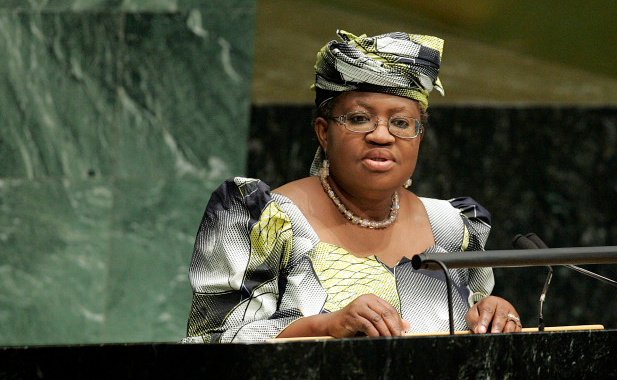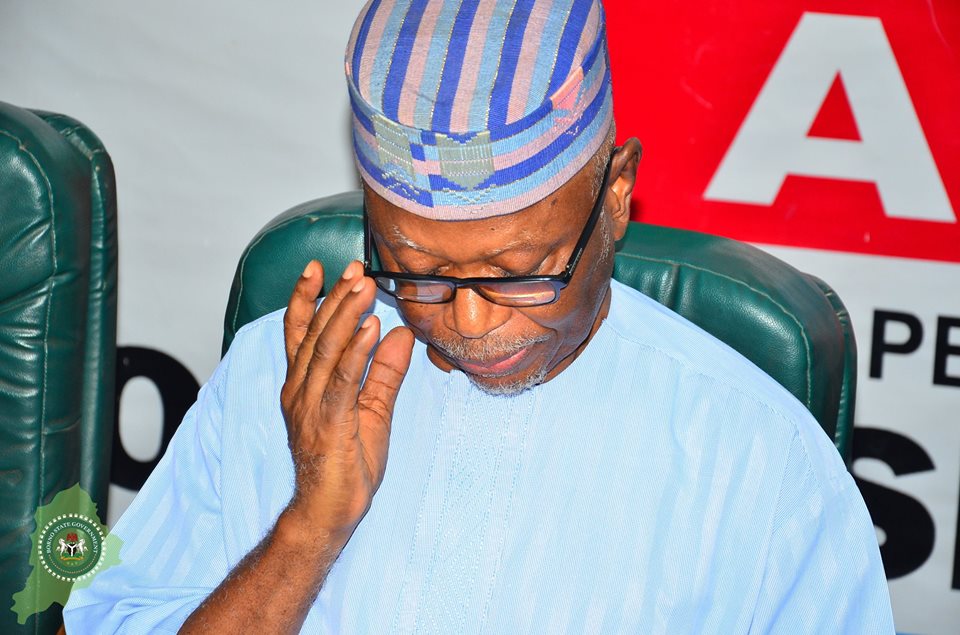BY OLUWAKYODE KOLAWOLE
In most gatherings of experts in the travel and hospitality industry, tourism as a tool in diversifying the Nigerian economy has received the most attention and provoked lots of intellectual comments. This is not surprising at all considering the huge potential that this particular sector possesses. In most developed and developing countries, tourism has enriched the economies of these countries thus becoming one of the major sources of income and a pillar of commerce.
The decision to grow tourism into a consistent and sustainable means of income by these countries and to make it appealing to inbound and outbound tourists was not arbitrary, but rather deliberate and planned. Without a doubt, other countries like Nigeria are amazed to see the attendant economic implications this sector has birth.
We can achieve this feat or even better than these countries. We have an advantage: our population. In fact, if we can sell tourism to just Nigerians to a point where they can see the value proposition, it might become optional to sell to foreign tourists. Majority of the countries benefiting from tourism revenue such as Kenya, South Africa, Seychelles etc. do not have the kind of population density that Nigeria has. In fact, the total inhabitants of some of the countries only equal the total population of Lagos dwellers – which is over 20 million. So, we have the numbers, and the percentage of our population that has the purchasing power for tourism is above 30%, out of over 180 million Nigerians.
Nonetheless, influencing the government at the central to earmark some budget for the growth of this sector in the yearly fiscal budget might seem to be a herculean task. The reason is simple: we’re an oil-dependent economy. But the reality is hitting us hard in the face. The last few months have helped us as a country to reevaluate our sheer reliance on crude oil. Matter-of-factly, the government must have learnt a great lesson from the recession: dependency on one major source of income is bad for a growing economy like ours with a population that grows on an average of 2.3% yearly. We are yet to develop another sector to have little parity in terms of revenue being generated compared with the oil & gas sector. Exactly why we felt the pangs of the recession when it came through.
Advertisement
It’s very heartwarming to see that the government of the day is now tilting its focus towards expanding and developing other sectors that can ultimately support our mainstay. The recent comments of the Minister of Information, Culture & Tourism, Alh. Lai Mohammed at the Annual General Meeting (AGM) of the Nigerian Association of Tour Operators (NATOP) that is being led by Nkereuwem Onung, reassured all in attendance that tourism has now become a focal point for the government. According to the minister, policies at all levels have now been put in place to engender tourism growth. For instance, the committee on the Presidential Council on Tourism has been resuscitated. This is to engender the rapid development of the sector through policy directions. The committee will see to the implementation of the tourism roadmap and the festival calendar.
Also, policies on issuance of visas have been reviewed. Now, it will only take 48 hours to issue visas to foreign tourists who are interested in exploring our tourism sites. In addition, several partnership deals are being sought and relevant agencies involved in brokering the partnerships have since swung into action. Suffice to say, in the next couple of months, the narrative will no doubt be positive.
Something very interesting that the minister hinted on is the tripartite partnership involving the Ministry, the UN World Tourism Organisation (UNWTO) and global news leader, CNN. The objective of the partnership is to leverage on Nollywood to promote tourism in Nigeria. He described the move as a very strong and effective partnership – to use comparative advantage in film production through Nollywood – to promote tourism in the country. Although this is the first-of-its-kind partnership, the minister believes that this will push tourism from the back-burner to the mainstream of our economy. Promoting tourism through Nollywood is by far a great idea, considering it is one of our biggest exports to Africa and the world. So, there is no doubt that if well implemented and monitored, the impact will be great.
Advertisement
To make tourism profitable in Nigeria, there is a need for collaboration between the private sector and the government. The minister couldn’t have emphasized this more. In fact, government should only be involved at the initial stage of any tourism programme. For sustenance and continuity, it should be private sector led.
The former governor of Cross Rivers state, Dr. Liyel Imoke who was the guest speaker at the AGM used his state’s tourism success story as a case study to illustrate how to make tourism work within the Nigerian economic space. His hands-on experience added weight to his presentation. He cited the success of the Calabar International Festival which was created by his predecessor Donald Duke to buttress the claim that tourism has a higher chance of surviving and becoming the country’s mainstay. “With the right policy, vision, infrastructure, and attitude, tourism will become the country’s major revenue earner,” he said.
Two of the several challenges forestalling the growth of the sector are: duplicity of festivals & misrepresentation of Nigeria by Nigerians. Since the successful launch and continuity of the Calabar International Festival, we have witnessed the launch of similar carnival/festival in some states. For instance, there’s Abuja Carnival, Port Harcourt Carnival (Carniriv), Akwa Ibom Festival, and many more. While it is laudable to have these many festivals or carnivals, it’s important to verify the success rates of these festivals. It appears that Calabar Festival is still the only successful and consistent festival. It is indeed imperative for these festivals to be harmonized to stimulate patronage and reduce confusion associated with simultaneous holding of festivals in the country.
Lastly, fellow Nigerians, we too have a lot to do in consolidating the efforts of the various government parastatals in pushing the frontier of our tourism industry forward. Our major role will include representing and speaking well of Nigeria. This appears to be our greatest problem. We should stop running down our country especially those in diaspora. If we continue, foreigners – as much as we do not want to rely on their patronage – will be dissuaded from coming to visit our tourism sites. it’s crucial we start speaking well of our country.
Advertisement
Views expressed by contributors are strictly personal and not of TheCable.
Add a comment






